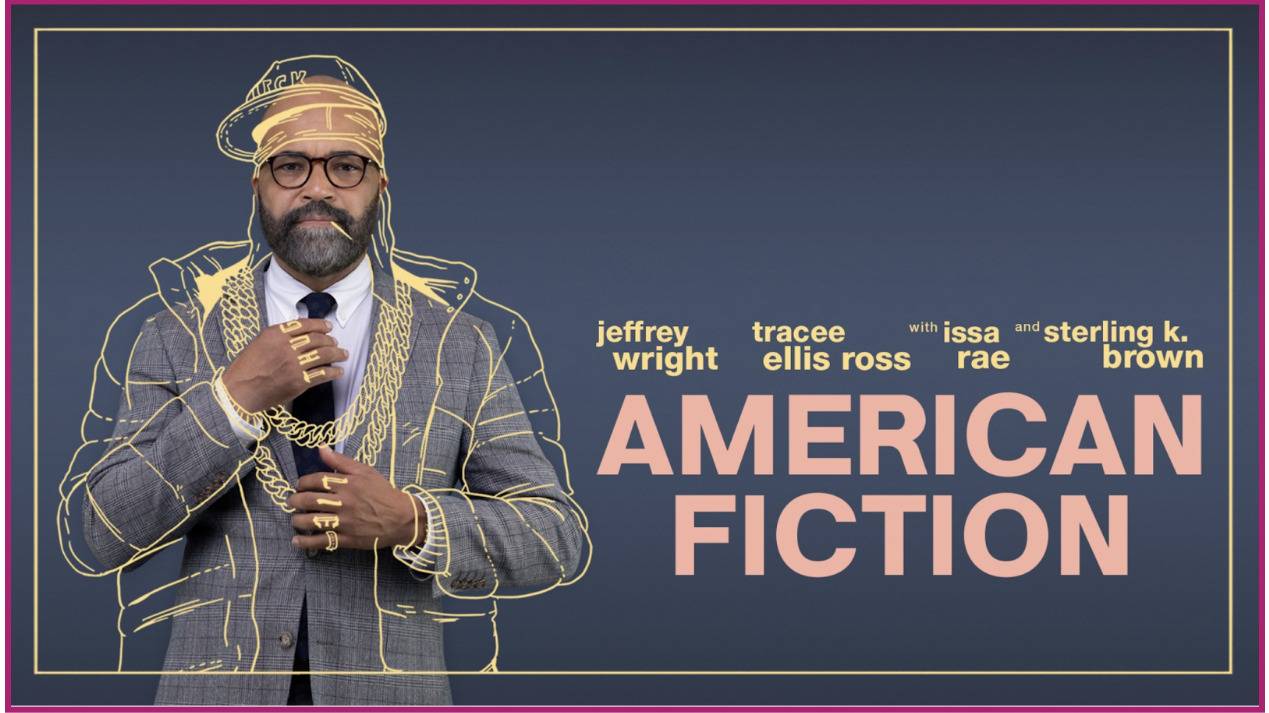A review of Dave Eggers’ new novel “A Hologram for the King”
Novelist, screenwriter and indie-publishing magnate Dave Eggers is loathed and lauded — for every reader who admires his wordplay, another finds his work insufferably smug.
His best-known writing revolves around inseparable pairs: the protagonists explore the world together, only to discover that it contains nothing they appreciate as much as one another. The memoir “A Heartbreaking Work of Staggering Genius,” the novel “You Shall Know Our Velocity!” and the screenplays for “Away We Go” and “Where the Wild Things Are” all meet this description. His fans consider them testaments to the importance of human connection; his critics decry them exhibitions of hipster narcissism, characterized chiefly by a refusal to admit that the wider world might be as interesting as oneself and one’s intimate social circle.
Eggers has departed from this motif in the past. His biographical books “What is the What” and “Zeitoun” chronicle the sagas of a Sudanese refugee and a Syrian immigrant surviving in post-Katrina New Orleans, respectively. But even these works have come under suspicion. Detractors accuse Eggers of being less interested in telling the stories of black and Arab men, and more interested in demonstrating that he is capable of telling the stories of black and Arab men.
In light of this, his newest novel “A Hologram for the King,” published in June of 2012, reads like an attempt to lay accusations of insularity and self-indulgence to rest once and for all.
Like many of Eggers’ previous protagonists, “Hologram’s” Alan Clay is a traveler. However, he is a thoroughly unromantic and unconnected figure. A middle-aged businessman, Clay has been struggling to find a niche for himself since the collapse of American manufacturing. Mired in debt, Alan attempts to maintain his upper-middle-class lifestyle by accepting an Internet technology contract with Saudi Arabia and its would-be megalopolis, the King Abdullah Economic City.
Alan and the youthful members of Western IT giant Reliant aim to present a hologram to King Abdullah, hoping this will persuade him to give Reliant KAEC’s IT contract. Alan is out of his depth in more ways than one. Not only is he struggling with culture shock, but his years in manufacturing have made him nostalgic for working with physical objects.
His confusion is exacerbated by the King’s failure to appear for weeks on end. Rather than spend that time festering in a presentation tent with his twenty-something colleagues, Alan opts to explore the beginnings of KAEC and the nearby city of Jeddah. His journeys spark encounters with a wide variety of figures, all of whom are alienated by the realities of the global economy, such as his driver/surrogate son Yousef and the isolated Danish businesswoman Hanne.
In between these Saudi Arabian encounters, Alan has flashbacks to his strained relationships with his wife and father and his failed career at the Schwinn company. This has the effect of making Alan more subject to societal forces than the stereotypical Eggers protagonist. He has no partner with whom to navigate the twists and turns of the global economy; rather, the global economy wrests his partners way from him. His father is a World War II veteran and a union man, who believes that Alan engineered his own downfall by outsourcing labor at Schwinn. His ex-wife is a glory-hungry, adrenaline junkie and has little patience for his white-collar woes. His daughter adores him, but the pressure of his financial obligations creates a barrier between them. His friends cloister themselves from the world and commit suicide as they see their ambitions frustrated. Alan’s inability to let go of his ambitions ultimately drives Yousef away.
Chronicling the dissolution of one or two of these relationships would have made for a moving narrative; piling them atop one another borders on melodramatic. In his effort to be topical, Eggers overlooks the need to illustrate Alan’s particular conflict. The economic circumstances that put him in this position are troubling, but not enough to justify following a character throughout a narrative.
Whenever Alan’s reactions begin to veer into the personal and idiosyncratic — in his interactions with Yousef, for example, or when he develops an addiction to a grain alcohol given to him by Hanne — Eggers takes us right back to the general. But this is 2012. This far into the Great Recession, grand-scale descriptions of what’s troubling American society can be found in any given op-ed column or comments section. Nothing about Alan’s portrayal is narcissistic or self-indulgent, but it isn’t as compelling as Eggers’ “hipster writing,” either.
The book is well-written; Dave Eggers is still Dave Eggers and can produce amazing prose regardless of subject matter. But its potential makes its failings all the more frustrating. Perhaps if “A Hologram for the King” had more closely resembled its predecessors and given its protagonist more agency in determining the direction of its narrative, it would have been more successful as a novel.





















